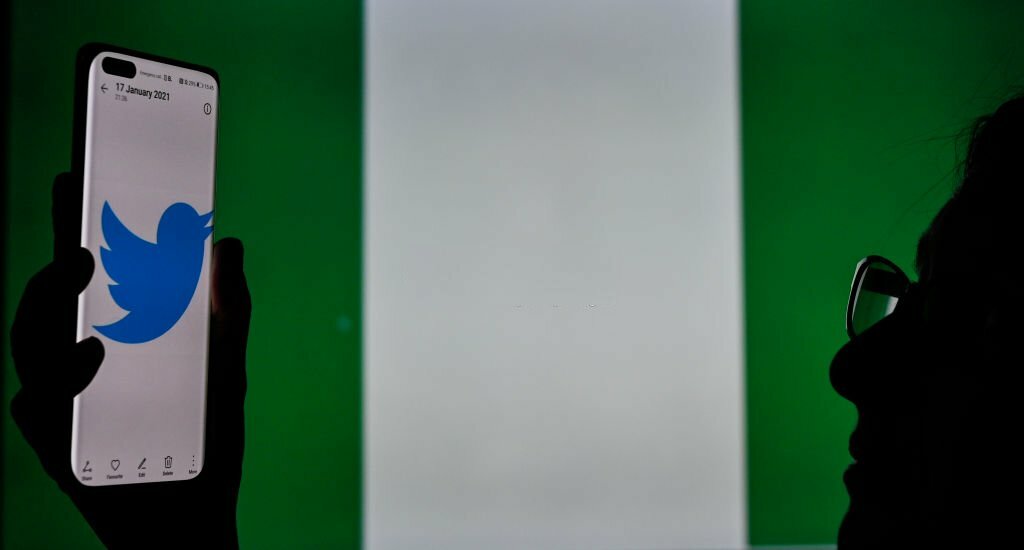One doesn’t need a telescope to visibly see the impact social media is having on the global society of which Nigeria is included.
Indeed, with social media, news is accessed and consumed at an extremely rapid rate meaning more people are in the know. The wide user base of the various platforms means wider reach which in turn translates into massive opportunities in career, business, education, sports, politics, medicine and almost every facet of life.
Amid this good is another side some don’t find pleasing.
For every good, there is a bad side that can be extreme and social media is more or less getting evil these days. A lot of misinformation is spreading like wildfire which is leading to murders, kidnappings, drug and human trafficking, child pornography, sexual abuse, racism and a whole lot of cybercrimes and even terrorist activities.
These things have gotten to the point where they have spiralled out of control so much the tech companies running these platforms are having a hard time trying to fix the malaise. It’s however difficult to fix because the internet is too large a space to police and monitor.
Lest it be forgotten, one area, social media, is making massive impact in today’s world is social change. With easy access to information, more voices are speaking out on the injustices happening in society. There’s more social consciousness which can cause a reaction government anywhere in the world would feel at the snap of a finger. One just needs to look at the Arab Spring protests that swept the Middle East in the early 2010s. Not forgetting the protests over the killing of George Floyd in 2020 that led to the conviction of accused police officer Derek Chauvin, a rare of its kind in the United States.
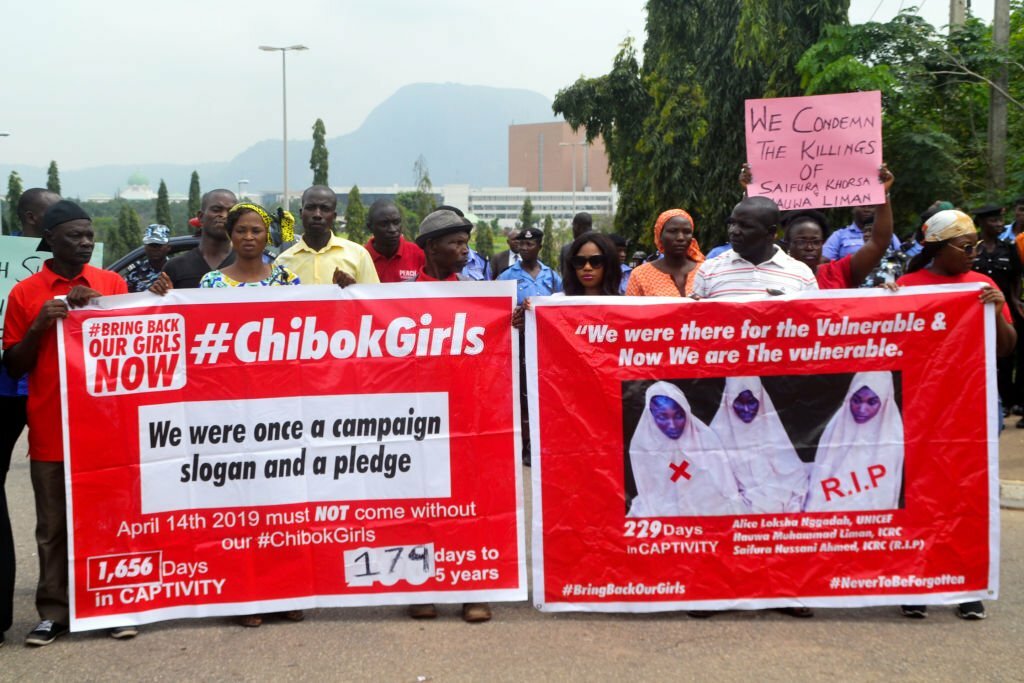
There have equally been socially conscious activities pushed on social media in Nigeria such as the #BringBackOurGirls movement which gained prominence in 2014 over the kidnap of 276 schoolgirls in Chibok, Borno State. And of course, the most recent being the #EndSARS protests in 2020 over calls to end police brutality in Nigeria.
However, the government was not keen to see this kind of thing as it was sensed as trying to bring down or delegitimise whichever incumbent was in power. It is to the end that the government at both the legislative and executive levels have looked for ways to either curb, monitor or block access to social media.
The first motion to pass an anti-social media bill was in action in the Senate in 2015, but it never went beyond second reading because of the backlash it received from the public.
The bill came back in 2019 under the name ‘Protection from Internet Falsehood and Manipulations Bill 2019’ and even had the death penalty as punishment for those who pedal falsehoods online, but again the public outcry never made it see the light of day.
These were sometimes seen as bluffs and impossible to do because for one, Nigeria is a democratic country, or so it seems on paper, rather than an authoritarian country where draconian laws are implemented without any reviews as witnessed during the military era.
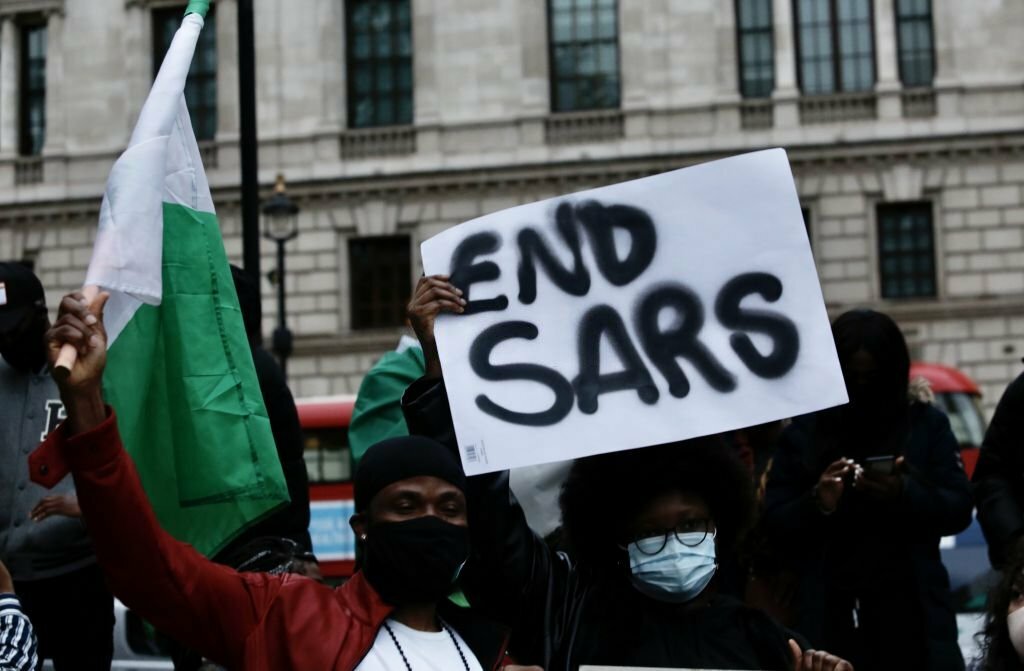
The EndSARS protests took things to a whole new level after the alleged killing of peaceful protesters put the Nigerian government in a very uncomfortable and tight situation, with the whole world watching. Social media was the main drive in this and at this point, the government had enough and pushed for legislation that gives them the power to shut down internet access at any given time and service providers not adhering to it getting heavily fined.
Well, none of that ever happened, so we could say it was still just another bluff. It however became a reality after Twitter (now X) was shut down on June 5, 2021, following an order by the Federal Government — who were irked over Twitter deleting a tweet by President Buhari that was perceived to stoke ethnic tension and as a result was reported multiple times on the platform.
The shutdown of Twitter came as a very big shock because this wasn’t a bluff anymore. What the government had the intention of doing truly happened.
Nigerians resorted to using Virtual Private Networks (VPN) to keep their connectivity going and while this was soothing at least, it was not the best. VPNs, especially the free editions, are not safe because they are heavy harvesters of data that include personal and sensitive information, meaning one’s information and communication can be easily hijacked. What’s more is that VPN tends to consume data, drain batteries of whatever device the internet is connected to and also slows down connectivity. It doesn’t even work for some users. That was really a whole lot of discomfort to deal with.
The ban on Twitter had some huge economic implications. According to Netblocks, Nigeria was losing ₦102.77 million ($249,866) every hour. Within 100 days, that was a whopping ₦246.65 billion ($599 million). That was too much money that could have been beneficial to many wasting away.
The government particularly, then-information minister Lai Mohammed, was unhappy with Twitter’s role in supporting the EndSARS protests via its then-CEO, Jack Dorsey, who encouraged donations. The government also did not appreciate that IPOB leader Nnamdi Kanu, whom they labelled a terrorist, was given room to tweet at will. Some of the conditions the government wanted in restoring Twitter connectivity is for the company to have a local office in Nigeria, pay tax and regulate content that could fuel tensions and divisions in the country.
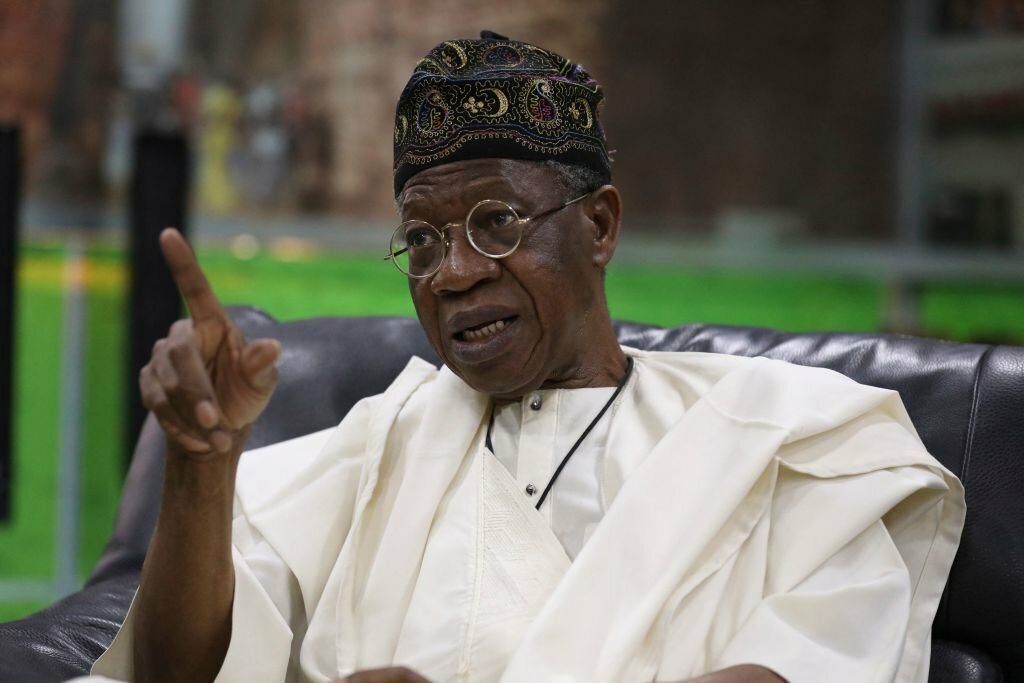
At a point, it seems Nigerians aren’t that bothered anymore. VPN is enough for them and so was the government. Nigerians always have a cope and survival mechanism for every struggle and once that’s in place, things move on and it gives the government more leeway to do as it pleases.
Indeed, rather than pressurise the government on the endemic supply of electricity, water, the bad road networks causing fatal vehicular accidents, the poor state of houses, schools among many other problems, we look for a solution such as using generators, digging individual boreholes which are very expensive, find alternate road routes that might make a short journey much longer. This creates massive business opportunities, but it does not solve the actual problem which is the government’s to solve as they are the ones with the mandate. However, they seem not to realise the responsibility they have.
This isn’t good because it puts the citizens on the receiving end. As stated earlier, VPN comes with some headaches and shouldn’t be settled for. We should all be able to use the internet without restriction from the providers we pay to have those services.
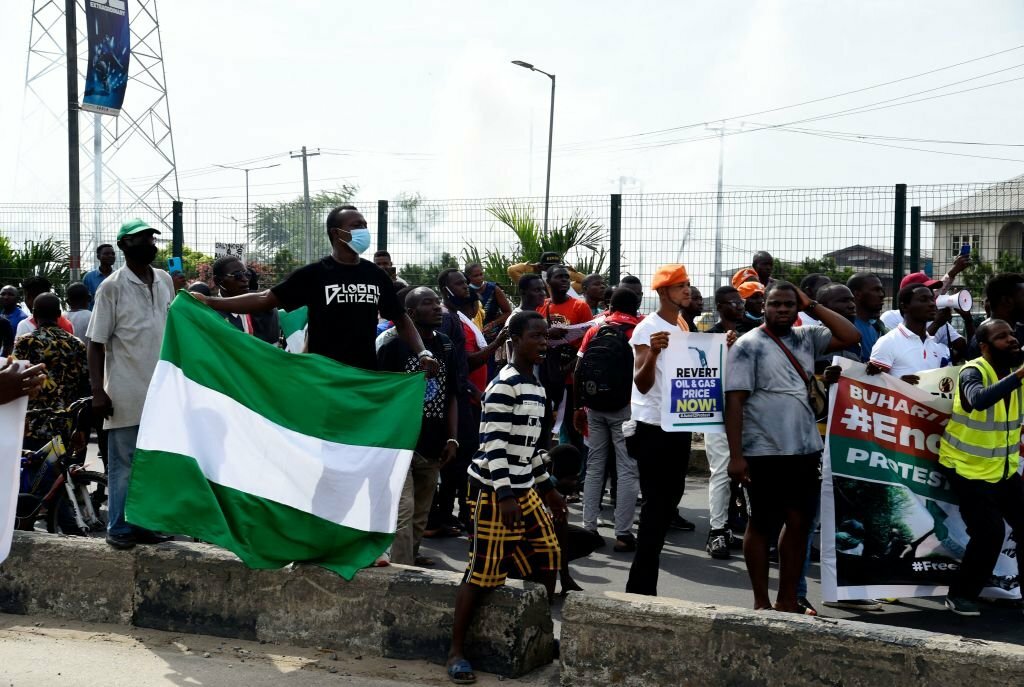
The Buhari government is been over and a new one in but there needs to be constant and relentless pressure on the government. Of course, change doesn’t come overnight. In fact, there are strong forces resisting change which makes it very difficult to effect, just as Paul Collier pointed out in his book: Wars, Guns, and Votes: Democracy in Dangerous Places. However, that should not give room from relenting just because a temporary alternative to a problem has been found. No. We need to raise our voices continuously for the government to feel it and do what is needful. This was demonstrated powerfully during the EndSARS protests and it shouldn’t stop. Black Americans have for more than two centuries continued their demand for racial equality and justice in the United States. Strides have been made, but they’ve not kept silent, consistently making their voices heard.
Nigerians must do likewise because we all deserve better and not less. Failure to do this on a steady will mean our emotions, what we hold dearest to our hearts and what should make the country more progressive, will be toyed with and we remain in the same circle.
In the end, it’s victory for the government, while it is a continuous struggle for the common man. It does not have to be so.
Originally written in Pulse Nigeria on September 19, 2021, titled: ‘Have Nigerians become comfortable with the Twitter ban?’

